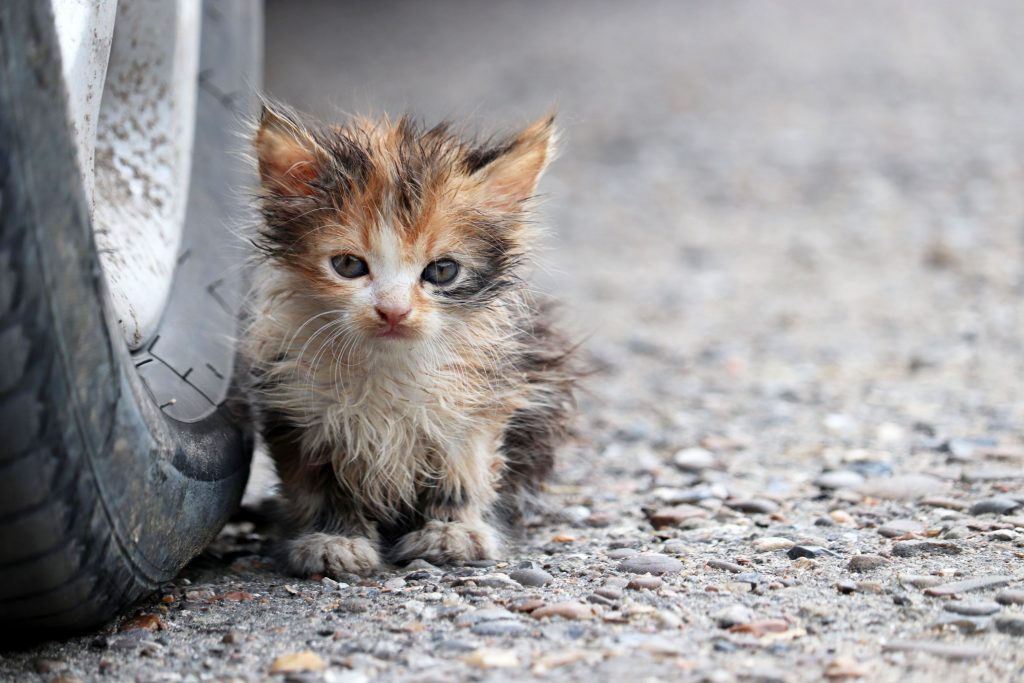Posts Tagged: Cat Health
Have You Heard Of Hyperthyroidism in Cats?
Cat owners are typically looped into the common potential health issues facing modern felines. In addition to heartworm disease, diabetes, feline leukemia virus (FelV), and feline immunodeficiency virus (FIV), hyperthyroidism in cats is increasingly prevalent. Characterized by weight loss, increased appetite/thirst, and vomiting or diarrhea, this condition must be promptly addressed. The good news is that once hyperthyroidism in cats is properly managed, a high quality of life is attainable.
Anatomy Details
Located within the neck, the thyroid gland produces a hormone that regulates metabolism. When too much hormone is produced, metabolism increases which explains why cats lose weight despite a voracious appetite. While this symptom is a red flag, many owners don’t automatically realize that it’s tied to something serious.
Cats between the ages of 10-13 are commonly diagnosed with hyperthyroidism. Blood tests and other diagnostics can help diagnose hyperthyroidism in cats, and rule out a series of other common conditions like kidney disease, diabetes, and cancer (all share similar clinical symptoms). We may also need to perform an electrocardiogram, chest x-ray, ultrasound, and blood pressure to gain a better understanding of a cat’s condition.
Since a vast majority of cases are linked to a benign tumor on one or both lobes of the thyroid gland, it is critical to move quickly toward effective treatment. Prognosis is usually very good if caught early.
Next Steps
Depending on the severity, hyperthyroidism in cats may be properly managed with medical treatment, close monitoring, and prescription diet. Medication taken twice a day for life can decrease the production of thyroid hormone.
Injections of radioactive iodine can also decrease thyroid hormone levels in a shorter amount of time, but require a hospital stay. This is often the fastest and safest method to lower thyroid hormone levels.
Surgical removal of the thyroid gland may be necessary in extreme cases. However, the elimination of the thyroid gland may result in serious health complications.
Every Step of the Way
Your team at Volunteer Veterinary Hospital understands that hyperthyroidism in cats can be very challenging to face. Due to its effect on feline blood pressure, heart health, eye health, neurologic functions, and the kidneys, this condition must be closely observed. If we’re able to catch the disease early on, hyperthyroidism in cats can be effectively treated.
Hyperthyroidism in Cats
Your cat’s annual wellness exam creates the opportunity to catch health problems before they get out of hand. Early detection can lead to a better prognosis, affecting your cat’s overall health and lifespan.
Remember, if you see any changes to your cat’s eating/drinking behavior, vomiting and/or diarrhea, poor coat quality, and weight loss, please don’t hesitate to call us at (865) 609‑0311.
How Can I Tell If My Cat Is Sick?
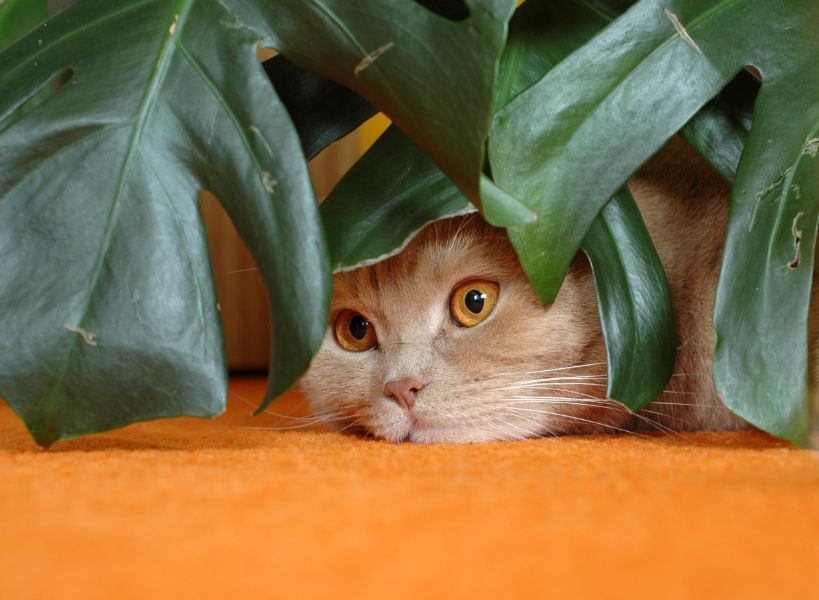
Cats can certainly be mysterious, but if they’re suffering from an unknown illness or injury their behavior may be more confusing. Because cats are hardwired to mask any signs of weakness, it can be fairly easy to miss (or misunderstand) the subtle signs they do show to indicate that something is not right. If you’re wondering whether or not your cat is sick, we have some tips to help.
Continue…What the Hack! What Causes Hairballs in Cats?
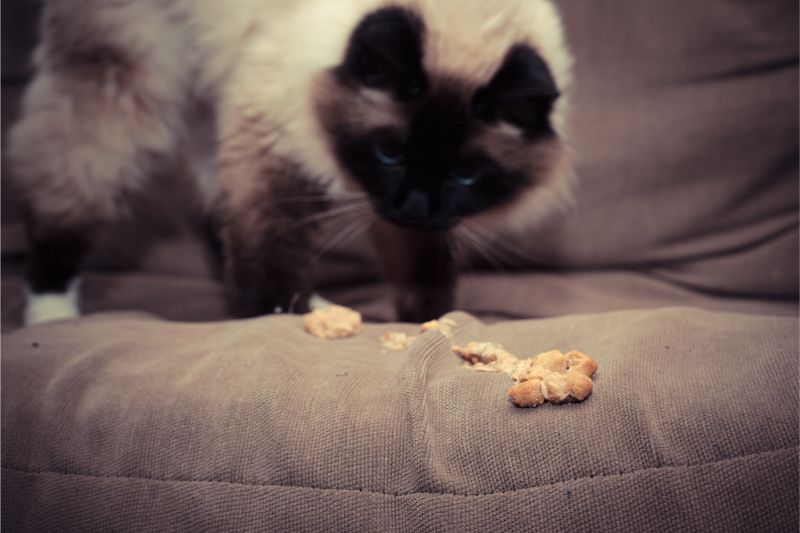
The sound is unmistakable. You are in the kitchen and look over to see your cat crouching and backing up, and then that sound! You know the one. The hacking you hear usually is followed up by saliva, vomit, and much to your dismay, a giant gob of fur. Yuck, right?
Hairballs in cats are a common problem among felines (and their owners who have to clean up the mess). But what causes these yucky balls of fur, and why are some cats more prone to them? The team at Volunteer Veterinary Hospital is here to explain.
What Is a Hairball?
Cats self-groom, which means that they ingest hair and debris on the coat. This fur normally passes through the digestive system without any problems, but over time, some hair gathers in the GI tract.
It’s Always a Good Time to Focus on Cat Wellness
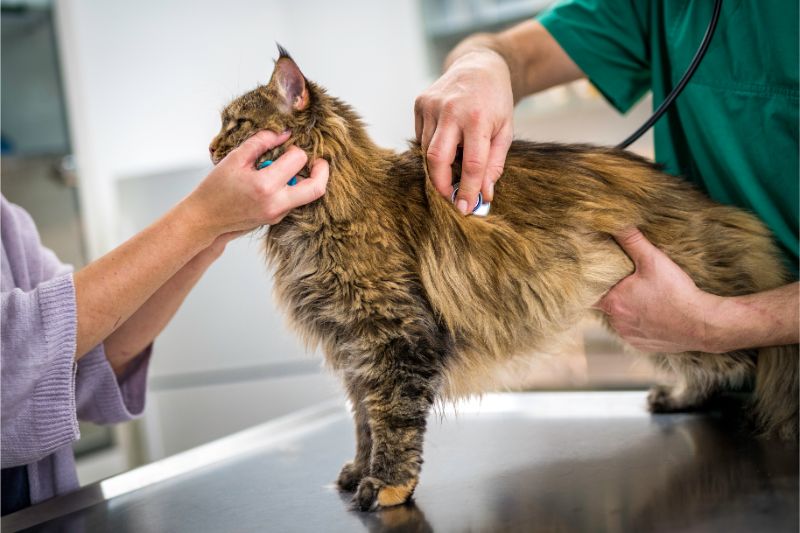
Everyone knows cats can take care of themselves. Sure, they might benefit from owner intervention occasionally but, generally speaking, they don’t need any support, right?
No way!
Unfortunately, cats are wrongly perceived as highly self-reliant, but they absolutely require and deserve special care and attention every single day. While there’s a lot cat owners can do on a daily basis at home, feline health depends on disease prevention, early detection, and effective treatment.
Together, a proactive approach to cat wellness can transform how these incredible pets are cared for.
Continue…Is a Healthy Cat a Happy Cat?
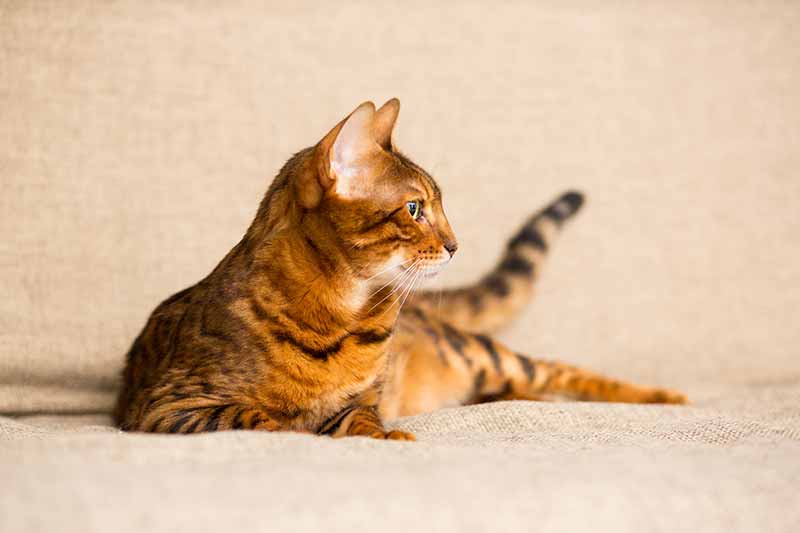 While we may not experience emotion in the same ways, there are definite indicators that felines have feelings. They are known to hiss or puff up when threatened or disgruntled, and examples of relative happiness include full body relaxation, walking with the tail up, and purring when next to (or on top of) their favorite person.
While we may not experience emotion in the same ways, there are definite indicators that felines have feelings. They are known to hiss or puff up when threatened or disgruntled, and examples of relative happiness include full body relaxation, walking with the tail up, and purring when next to (or on top of) their favorite person.
A happy cat is carefully looked after, cared and provided for, and as a result, they are absolutely healthier. Because we care deeply for every feline patient at Volunteer Veterinary Hospital, we aim to highlight the interplay between a cat’s emotional and physical wellbeing.
Odd Stats
There are more pet cats than dogs, but cats are typically underrepresented at the vet. Without a doubt, it can be difficult to crate and transport a frightened or angry cat, only to make them deal with possible adversaries in the waiting room, or feel vulnerable at the hands of a stranger poking and prodding them. Continue…


